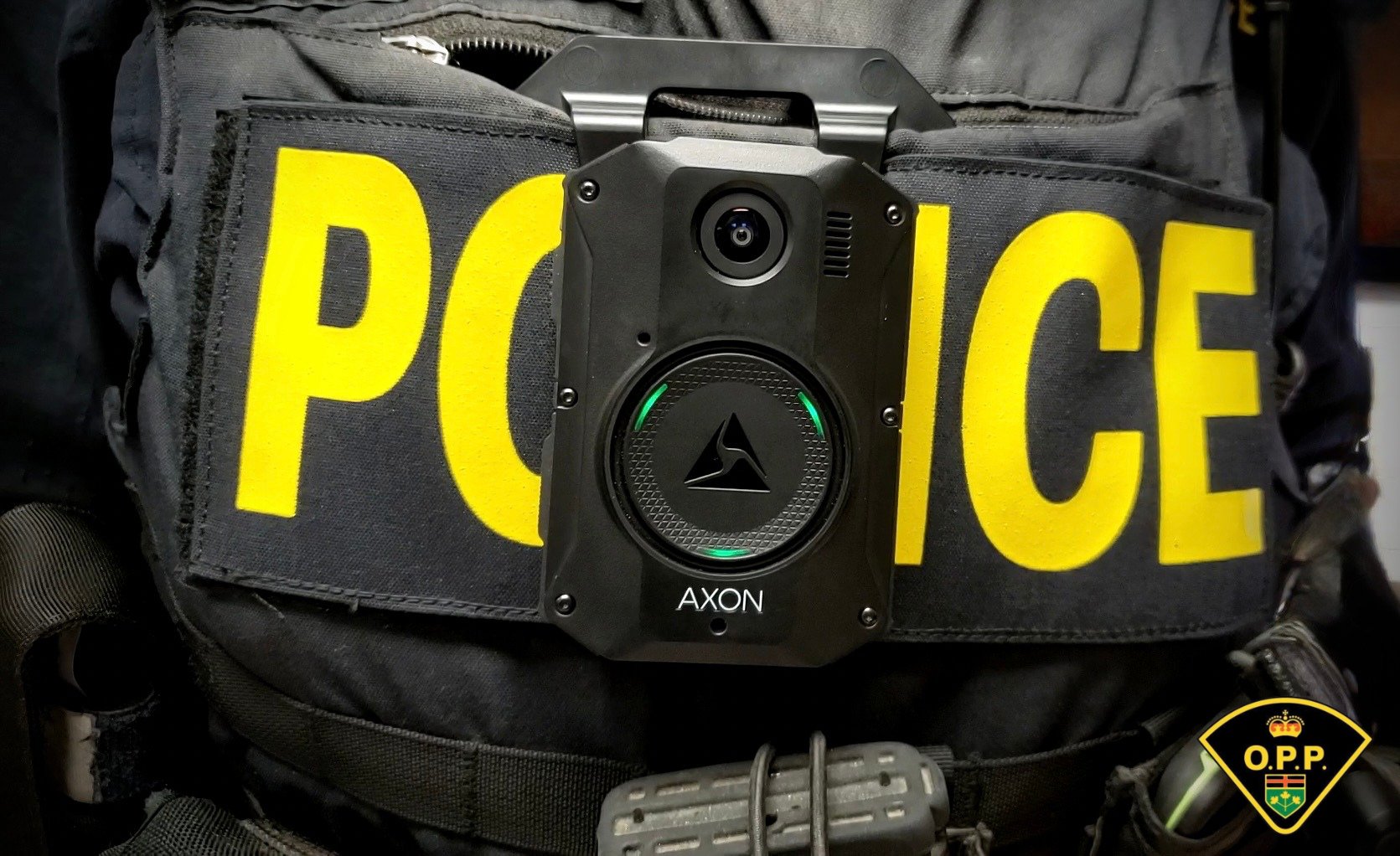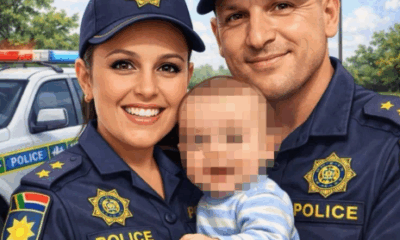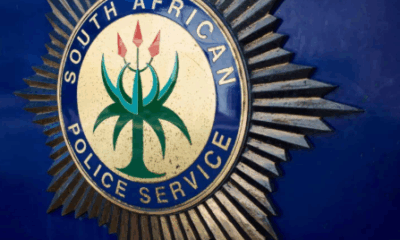News
South Africa’s Police Body-Worn Cameras Still Delayed Seven Months After Promised Rollout

Police Body-Worn Cameras Still Not in Action Seven Months After Promise
South Africans are still waiting for body-worn cameras (BWC) for police officers, a promise first made over seven months ago. The rollout, initially slated for April 2025, has yet to begin, leaving questions about accountability, oversight, and transparency unanswered.
From promise to delay
In February, suspended Police Minister Senzo Mchunu told Parliament that body-worn cameras would be rolled out to SAPS officers in April 2025, beginning with a 100-device pilot. However, the promised timeline has come and gone.
Police spokesperson Amanda van Wyk told IOL that the project is now only entering its contracting phase, with the procurement of devices still underway. “SAPS remains committed to implementing the Body-Worn Camera project,” she said.
The delay has drawn criticism from opposition MPs. DA MP Mzamo Billy called the lapsed rollout “pure incompetence” and “a huge disregard for commitments made to South Africans.” He added that no updates have been provided regarding costs, procurement, or the management of footage, leaving officers and the public in the dark.
Why body-worn cameras matter
BWCs are small devices attached to uniforms, capturing video and audio during police operations. Globally, they have proven to:
-
Document police accountability, curbing misconduct and excessive force
-
Protect honest officers from false accusations
-
Strengthen justice, providing concrete evidence in courts
-
Foster public trust in law enforcement through transparency
The cameras are considered crucial in countries like the US and UK, where they play a pivotal role in investigations and community relations.
Lessons from Cape Town
The City of Cape Town has already rolled out BWCs for its Law Enforcement officers. Mayoral Committee Member JP Smith told IOL that the rollout is now in its second phase, with 1,250 shared cameras deployed and another 1,000 in progress, though cameras are pooled across shifts.
Cape Town uses a Digital Evidence Management Solution (DEMS) and follows strict Standard Operating Procedures (SOPs) to prevent tampering. Smith said the city’s smaller enforcement structure makes it easier to implement new strategies compared to the national police force.
Cost, procurement, and union concerns
Mchunu had estimated the cost per device at R28,000, but Billy argued that comparable devices should cost around R10,000. SAPS confirmed that the budget and procurement details remain undisclosed, and rollout plans will only be finalised once a service provider is appointed, likely in the next financial year.
The South African Police Union (SAPU) expressed frustration. Spokesperson Lesiba Thobakgale said, “We welcomed the announcement because officers need this protection, but without delivery it becomes just another promise.”
Public trust at stake
For communities across South Africa, body-worn cameras are not just a tool for the policethey are a symbol of accountability and safety. The delay has fueled concern on social media, with citizens questioning whether the government will honour its promises or continue deferring reforms that could strengthen trust between police and the public.
As the new MTEF budget cycle begins, SAPS faces pressure to move beyond promises and deliver cameras, ensuring officers are equipped to perform their duties transparently, and that the public can finally see accountability in action.
{Source: IOL}
Follow Joburg ETC on Facebook, Twitter , TikTok and Instagram
For more News in Johannesburg, visit joburgetc.com



























